This post was updated Feb. 15 at 9:59 p.m.
When Aditya Grover learned he was on Forbes Magazine’s 30 Under 30 list, he wasn’t convinced.
“There were two emails – one that came first, which went to my spam,” said Grover, an assistant professor of computer science. “Then there was a follow-up email where they add everyone to some kind of internal Slack channel. So I still wasn’t sure.”
Grover was announced in November as one of Forbes’ 30 Under 30 honorees in the science category, specifically for his work on predictive artificial intelligence models. Additional honorees from UCLA included incoming computer science assistant professor Saadia Gabriel – recognized for her work in improving online safety – and Shohini Kundu, an assistant professor of finance who investigates systemic risk from loans.
Grover, who was born and raised in India, joined UCLA as a faculty member in 2021. He said his work has focused on using generative models – which predict outcomes based on learned patterns – to analyze and better predict the weather, as opposed to traditional models that depend on physics.
“This is a silent revolution that’s happening within atmospheric sciences. We’ve already reached the point where our models are better than the physical forecasting systems,” Grover said. “Traditionally, there was a lot of physics encoded into these models, whereas the models I’m talking about, which have surpassed these traditional models, are entirely data-driven.”
Grover also mentors and teaches students. Hritik Bansal, a doctoral student specializing in artificial intelligence, said he believes Grover is an excellent mentor, adding that he thinks Grover understands not only the field of computer science but also the potential of its real-world applications.
“He is very intelligent. He knows how to do research,” Bansal said. “So definitely, we do feed off of his intellect.”
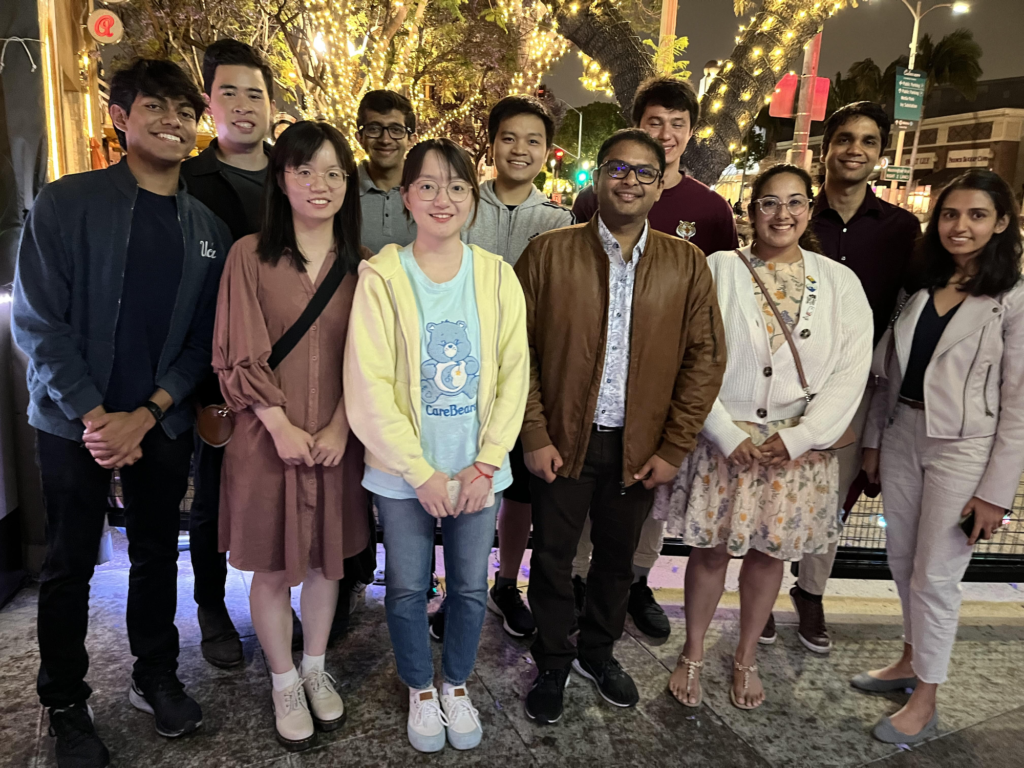
Gabriel, a faculty fellow at New York University who will join UCLA in July, was also recognized for her work using artificial intelligence. When she first found out she would be honored by Forbes, she also said she was surprised and excited.
“It’s always very validating to see your work being acknowledged in such a way,” Gabriel said. “I immediately called my family, … and they were really excited about it. So I think a large part of how happy I was about it was just seeing how happy they were.”
Though she initially wanted to study architecture and mathematics, Gabriel said her interest in computer science was sparked by a college seminar on wearable technology. Her final class project, a solar-charging jacket, inspired her to study the creative potential of computer science further, she said.
Gabriel said her work now focuses on detecting and correcting existing biases in artificial intelligence and also enhancing computational language models that generate and analyze content. While data collection has become common, AI is often trained on large, unfiltered sets of data, which can lead to bias if the model does not know right or wrong, she said.
“Human data is being collected for the training of models, which happens very frequently now,” Gabriel said. “Who are the humans who are actually represented there? And what’s the actual effect on the model’s behavior if we are not considering certain populations and certain viewpoints and perspectives in that process?”
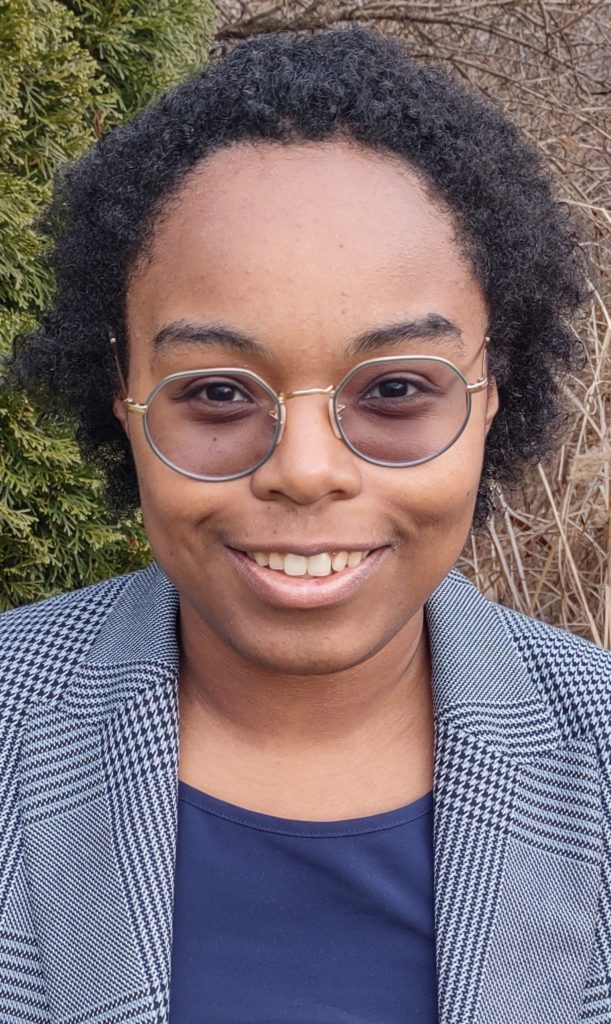
As part of her research, she said she worked with Microsoft to look at inequitable decision-making by AI models. Some content moderation tools disproportionately flag and erase content made by people of color based on identifiers such as the use of African American Vernacular English, Gabriel said.
Gabriel also runs the Misinformation, AI & Responsible Society Lab at the Massachusetts Institute of Technology. This project seeks to correct gaps in AI models, such as when a model might incorrectly associate mentions of groups with certain labels, she said. She added that she hopes to make AI models more humanistic, contextually aware and culturally sensitive.
Salman Rahman, a doctoral student in computer science at NYU, said he has worked on various projects with Gabriel. He added that he feels lucky to have her as a mentor.
“(For) any kind of experiment or any kind of model, she actually gives very, very helpful feedback,” he said. “The lab culture is … really supportive.”
Rahman added that in an age where ChatGPT and other AI models can generate false information, he believes Gabriel’s work toward preventing disinformation is important and relevant.
Both Grover and Gabriel said they hope their research will make positive changes.
“In the future, I’m really hoping that we can translate a lot of this research into policy impact, and specifically evidence-based policymaking,” Grover said.
Looking ahead, Gabriel said she is excited to join UCLA soon. She added that she hopes her work will positively impact future generations.
“My hope for the way that things will go with the research is that we end up doing impactful work that makes a difference beyond a conference or beyond one publication,” she said. “It leads to a broader shift in … changing the way in which systems are evaluated and changing the way in which representation is acknowledged, or the lack thereof.”
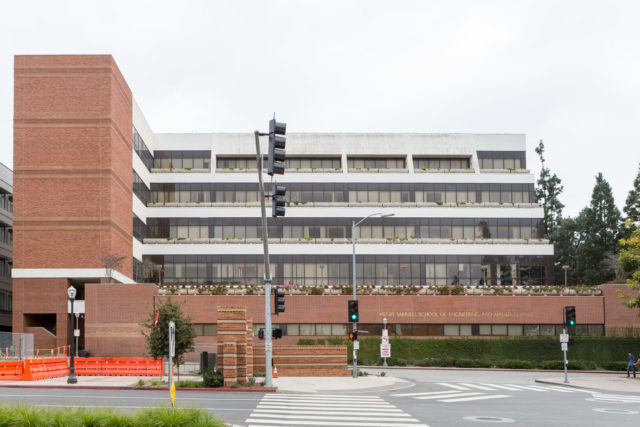


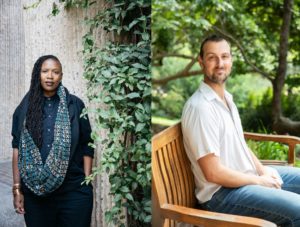
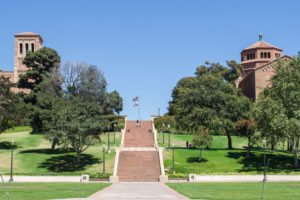
Comments are closed.